Description
Title: Pterostilbene: A Powerful Polyphenol for Optimal Health and Longevity
Introduction
Pterostilbene, a dimethylated derivative of resveratrol, is a potent polyphenol found in various plants, including blueberries, grapes, and peanuts. This compound has gained increasing attention in recent years due to its potential health benefits, which extend beyond those attributed to its well-known relative, resveratrol. Research suggests that pterostilbene exhibits stronger bioavailability and biological activity than resveratrol, making it an even more attractive candidate for promoting optimal health and longevity.
This article aims to provide a comprehensive overview of pterostilbene, exploring its sources, mechanisms of action, health benefits, and safety considerations.
Sources of Pterostilbene
Pterostilbene is naturally present in several plant-based foods, with the highest concentrations found in blueberries, grape skins, and peanuts. Although the pterostilbene content in these foods is relatively low, a diet rich in these and other fruits, vegetables, and nuts can contribute to overall health and provide a range of beneficial polyphenols.
Mechanisms of Action
The primary mechanisms of action for pterostilbene involve:
- Activation of Sirtuin 1 (SIRT1): Pterostilbene stimulates SIRT1, a critical protein associated with cellular aging, stress resistance, and metabolic homeostasis.
- Modulation of AMP-activated protein kinase (AMPK): Pterostilbene activates AMPK, a crucial regulator of energy metabolism, promoting cellular energy homeostasis and contributing to the prevention of various age-related diseases.
- Antioxidant Activity: Pterostilbene exhibits strong antioxidant properties, scavenging free radicals and reducing oxidative stress in cells.
- Anti-inflammatory Effects: Pterostilbene has been shown to inhibit the nuclear factor kappa B (NF-kB) pathway, a critical mediator of inflammation, contributing to its potential protective effects against various diseases.
Health Benefits
Preliminary research suggests that pterostilbene may provide several health benefits, such as:
- Neuroprotection: Pterostilbene has been shown to protect against neurodegenerative diseases, including Alzheimer’s and Parkinson’s, due to its antioxidant and anti-inflammatory activities.
- Anti-Cancer Properties: Pterostilbene may help prevent or slow cancer progression by inducing apoptosis (cell death) and inhibiting angiogenesis (blood vessel formation) in cancer cells.
- Cardiovascular Health: Pterostilbene has been shown to reduce the risk of cardiovascular disease by improving lipid profiles, reducing inflammation, and inhibiting platelet aggregation.
- Anti-Diabetic Effects: Pterostilbene modulates insulin sensitivity and glucose metabolism, potentially offering protective effects against type 2 diabetes.
- Longevity: Pterostilbene’s ability to activate SIRT1 and modulate other cellular pathways may contribute to its potential role in promoting longevity and overall health.
Safety Considerations
Although pterostilbene is generally considered safe, limited research has been conducted on its long-term consumption in humans. It is advisable to consult a healthcare professional before incorporating pterostilbene supplements into your daily routine. Potential interactions with medications should also be discussed with a healthcare provider.
Conclusion
Pterostilbene offers a promising range of health benefits, from neuroprotection and anti-cancer properties to improvement in cardiovascular health and insulin sensitivity. Combined with its strong bioavailability and biological activity, pterostilbene emerges as a valuable option for those seeking to improve their overall health and well-being. As research continues to unveil its potential, incorporating pterostilbene-rich foods, such as blueberries, grapes, and peanuts, into a balanced diet may serve as an effective strategy in promoting optimal health and longevity.

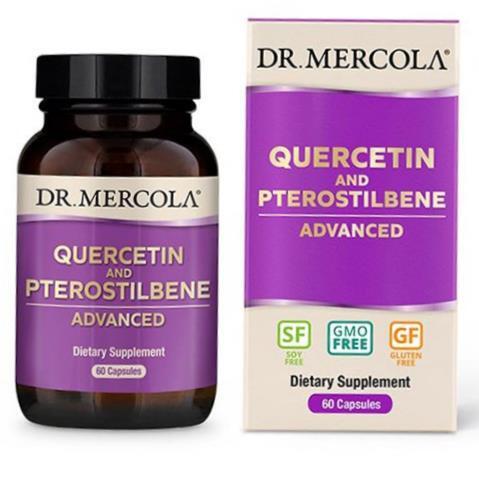
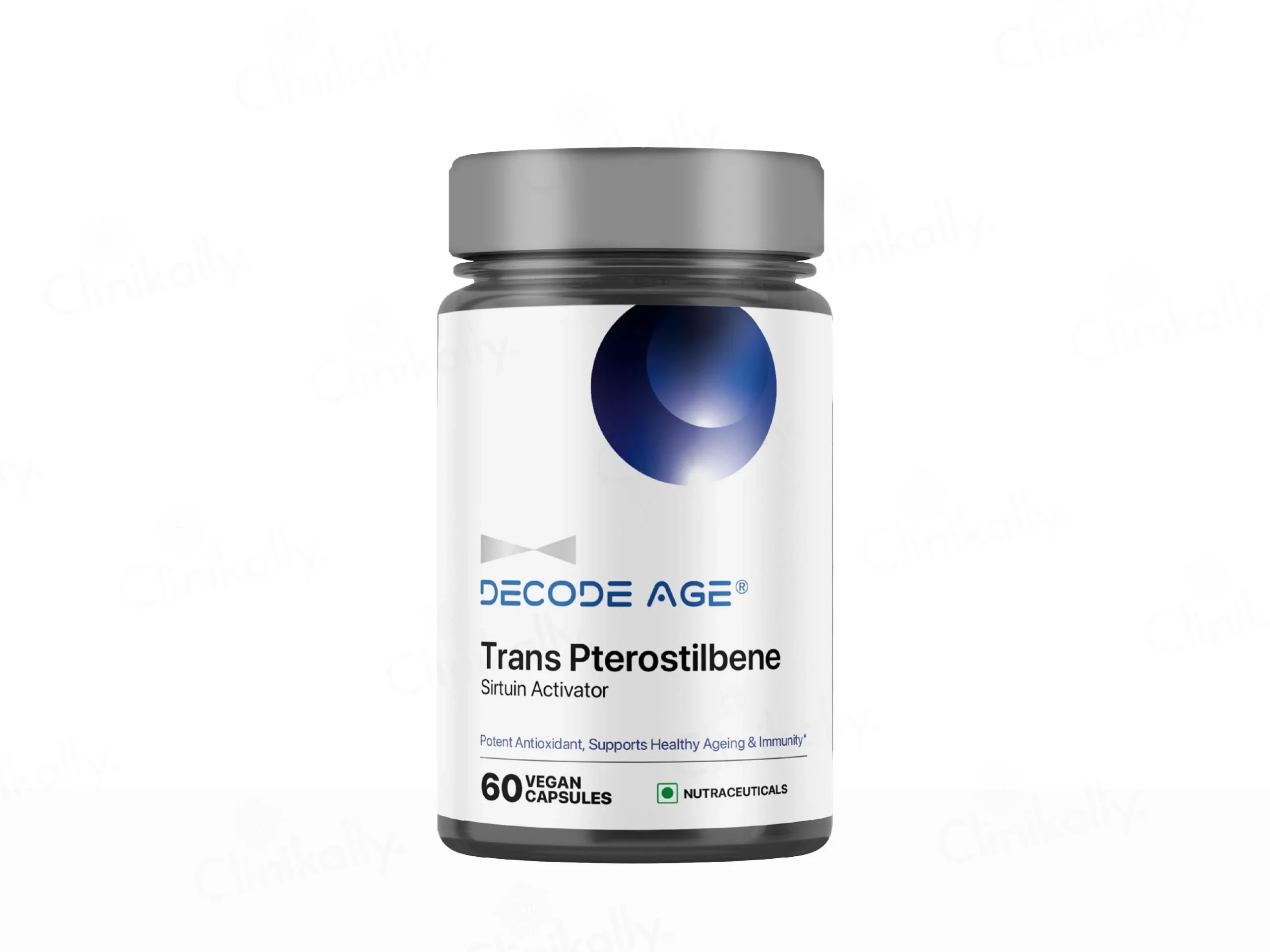
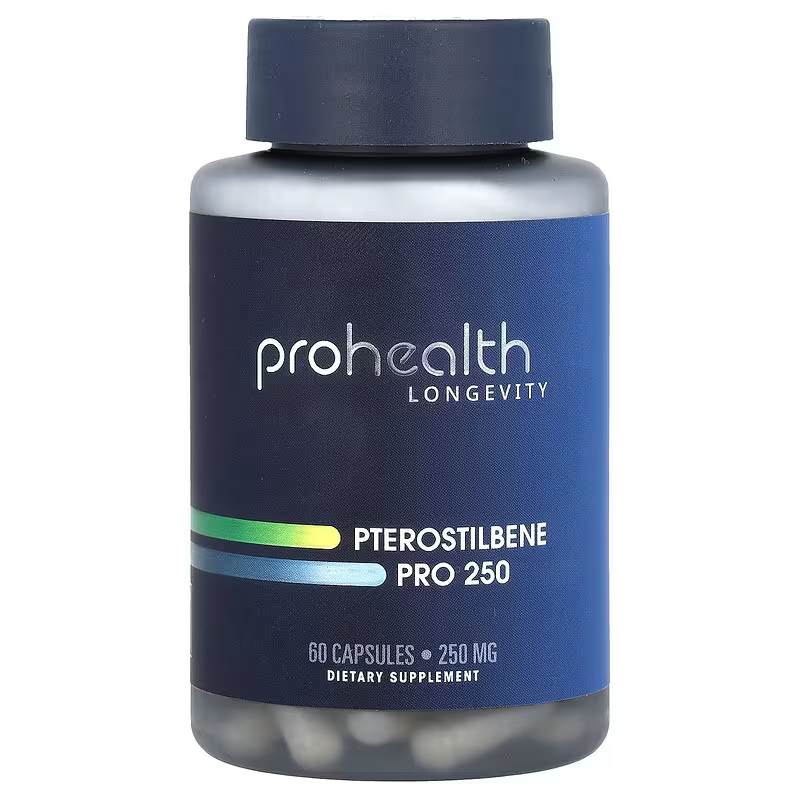
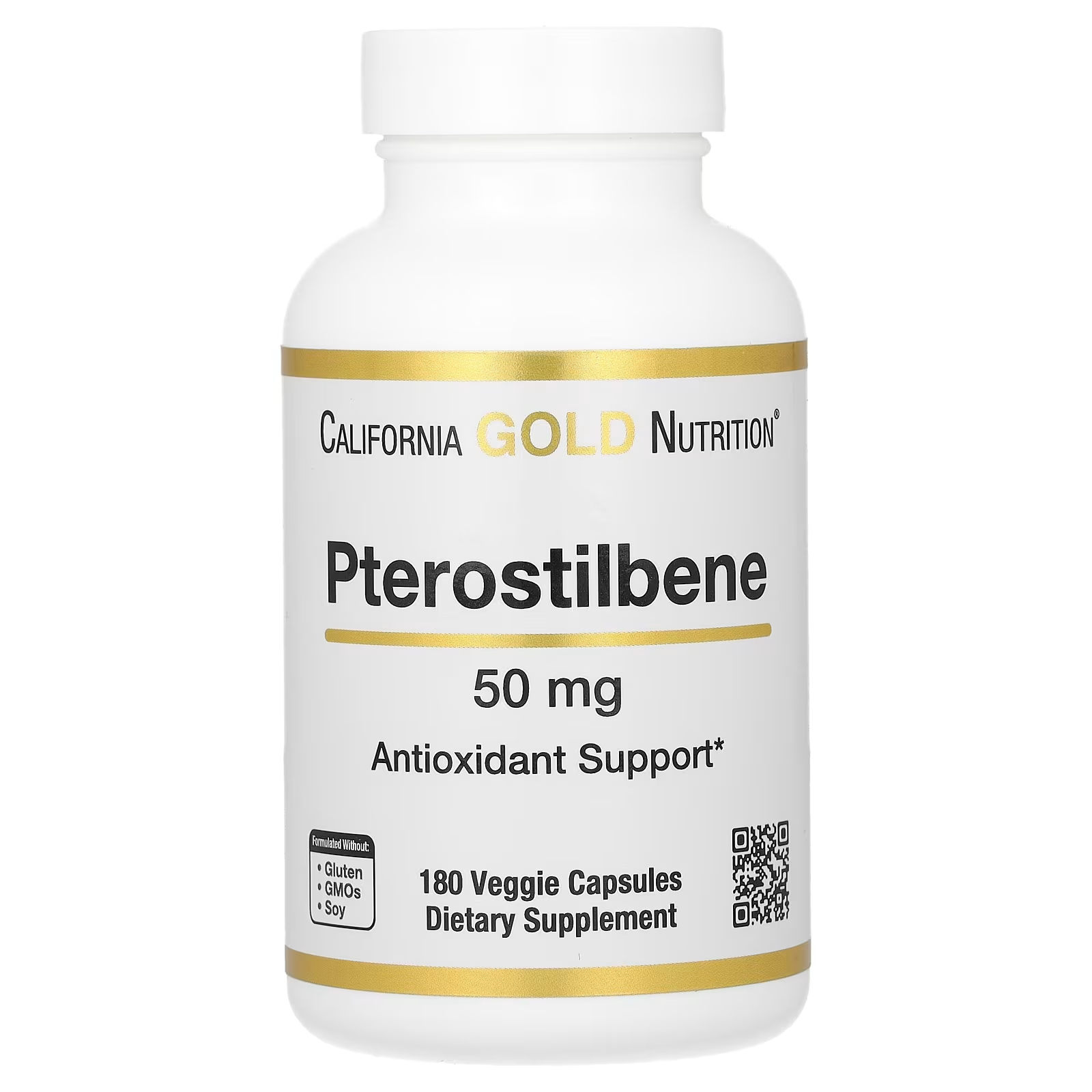
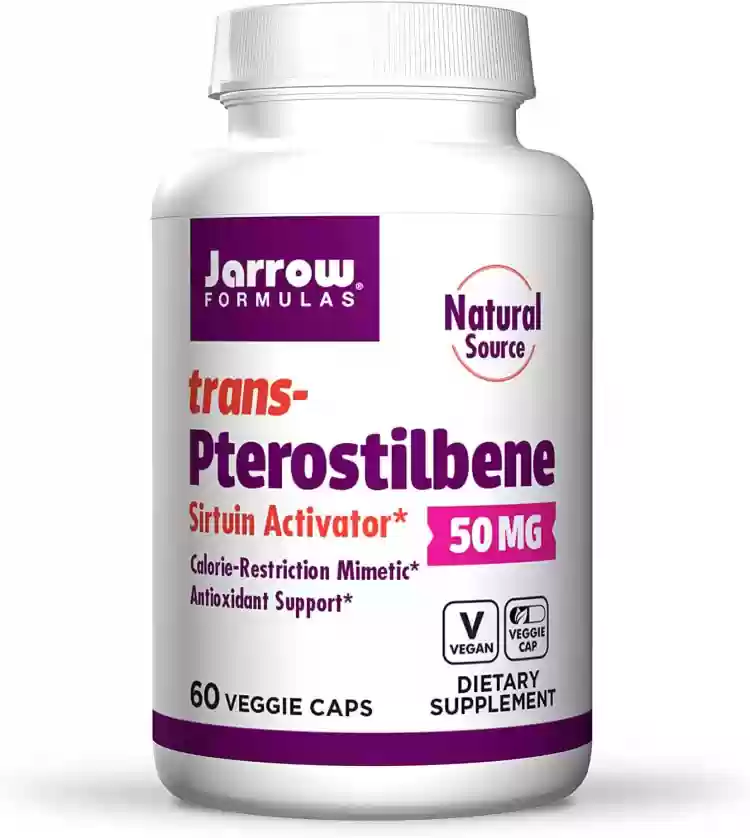
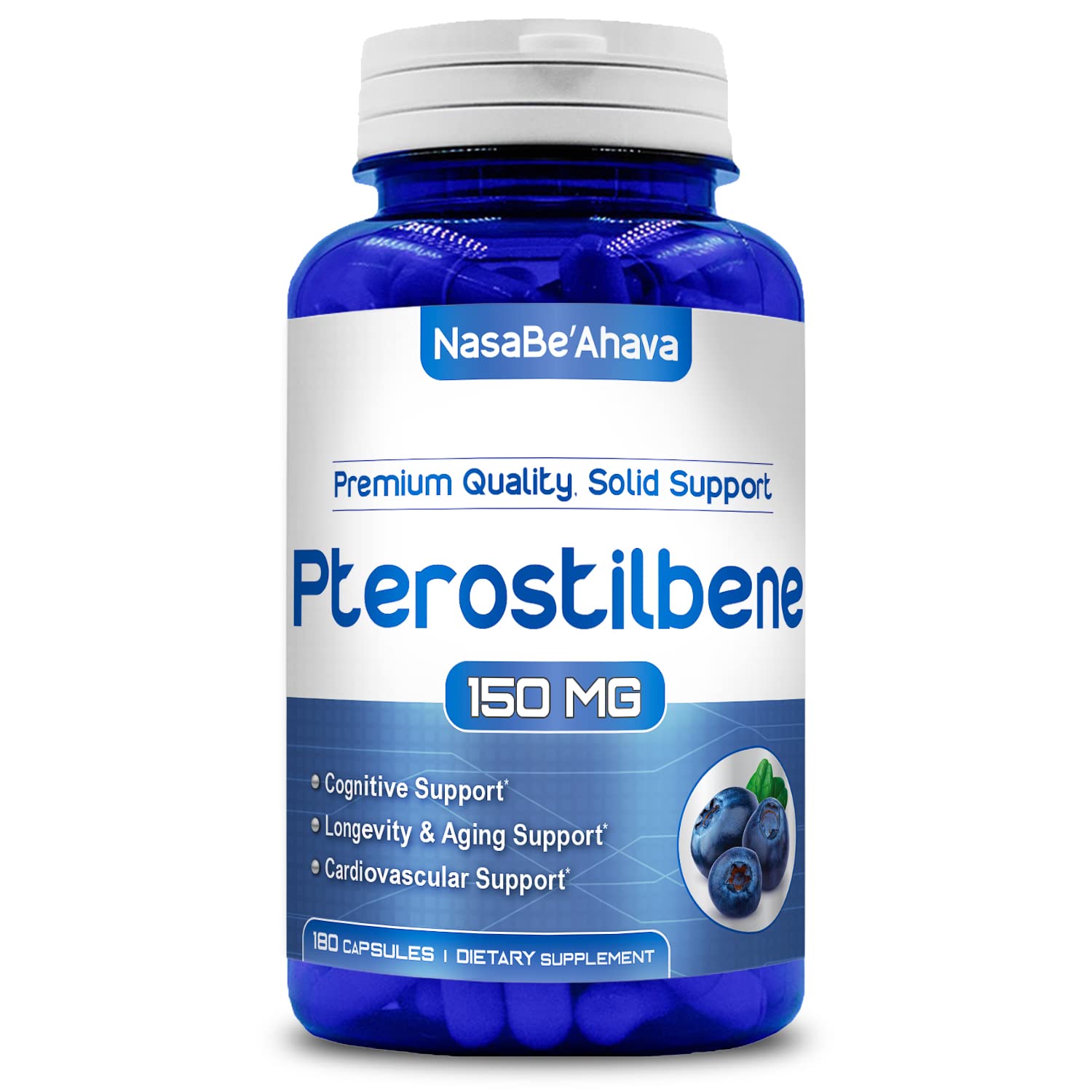
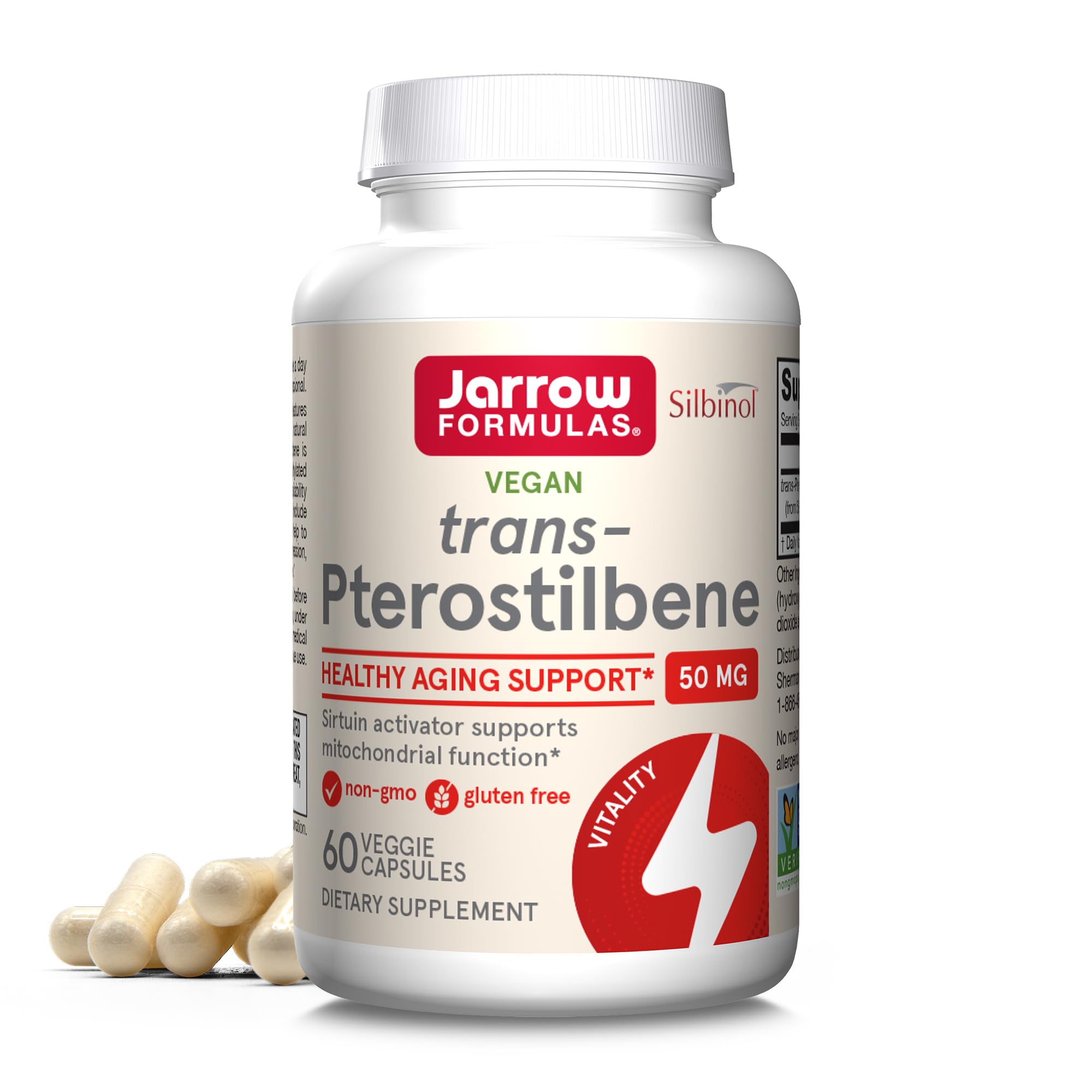
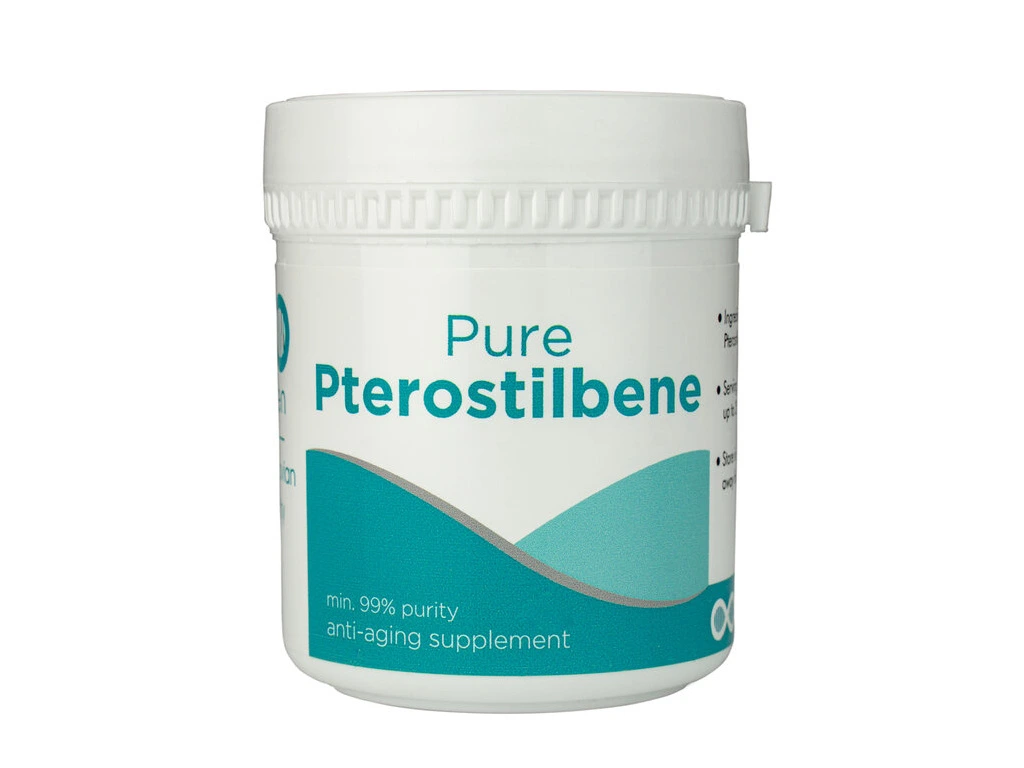
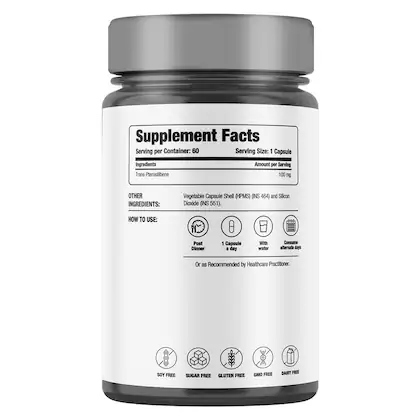
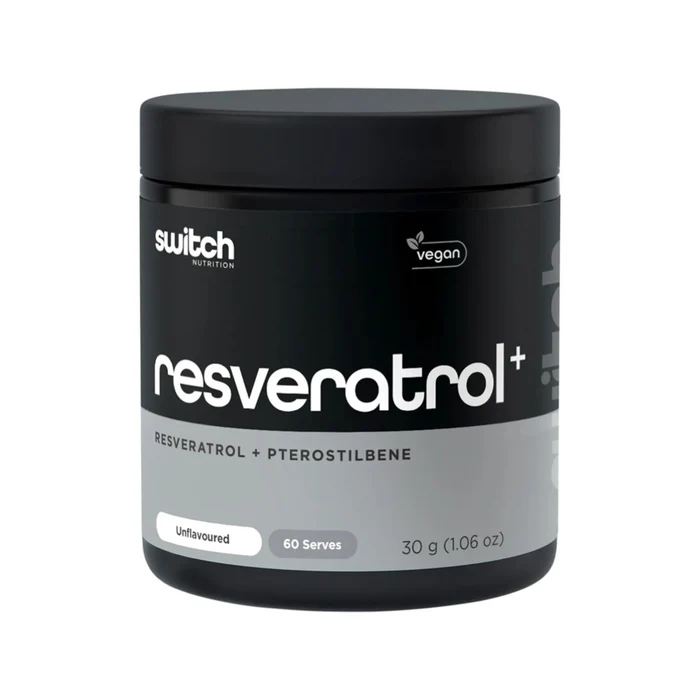
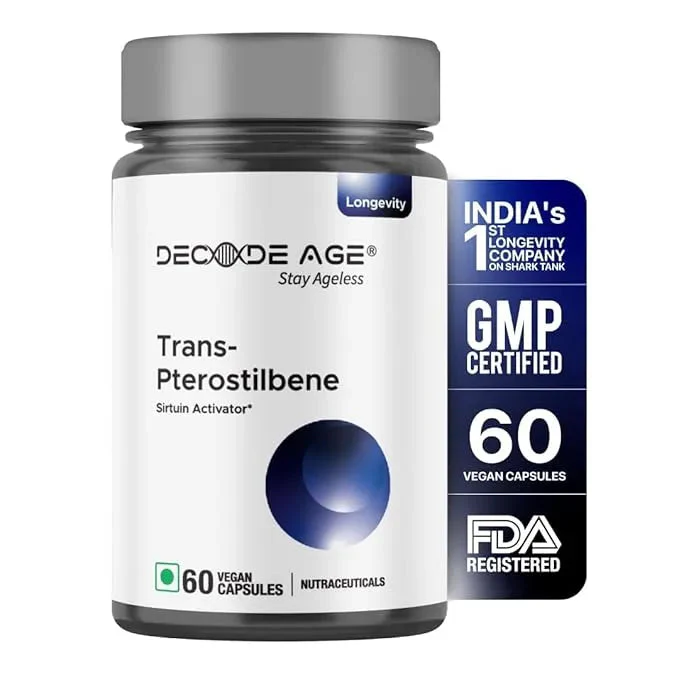
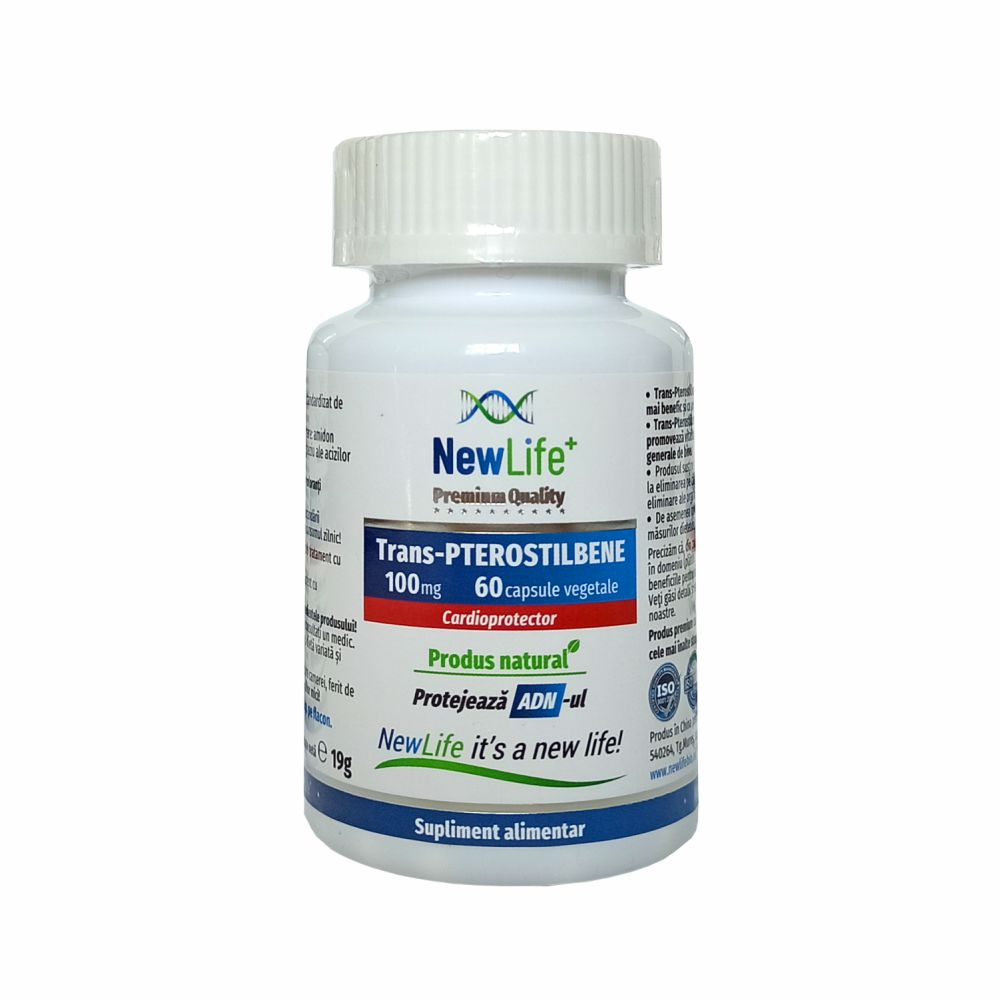
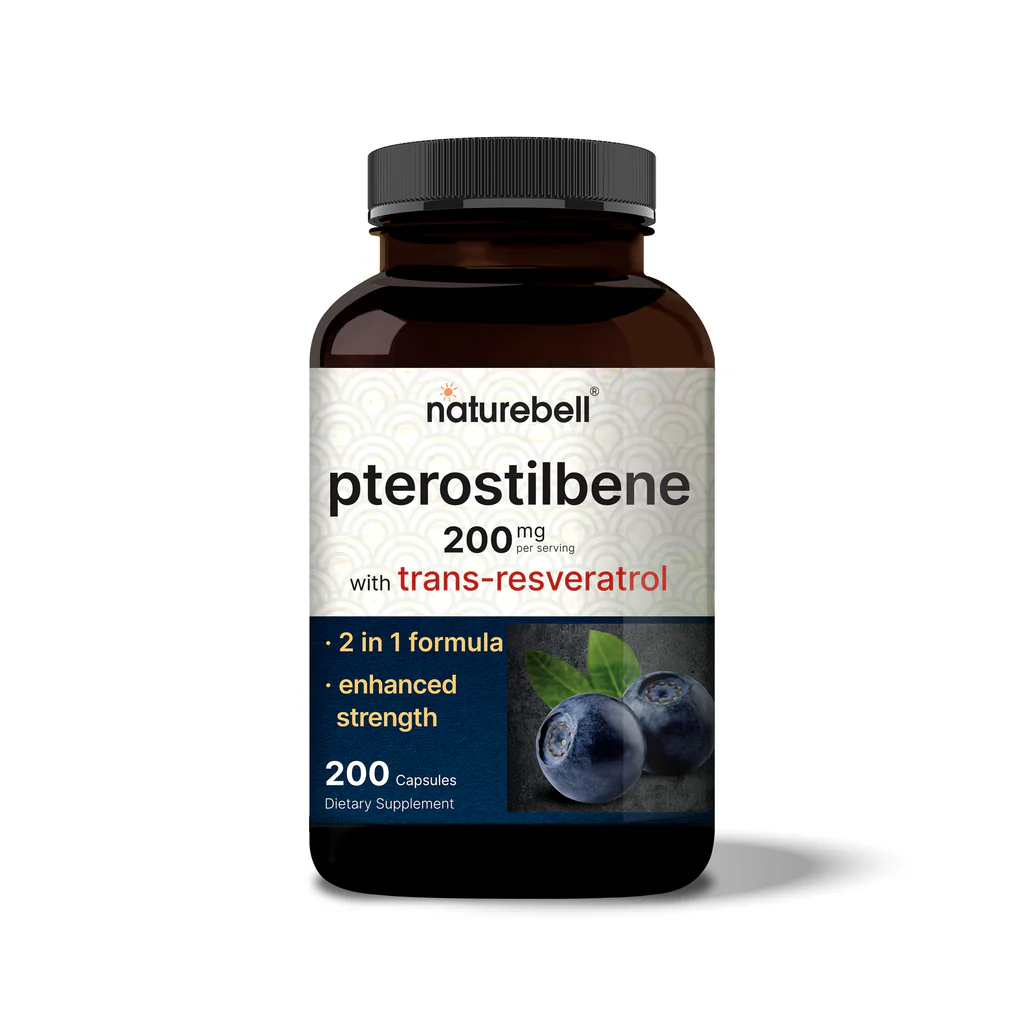




Reviews
There are no reviews yet.